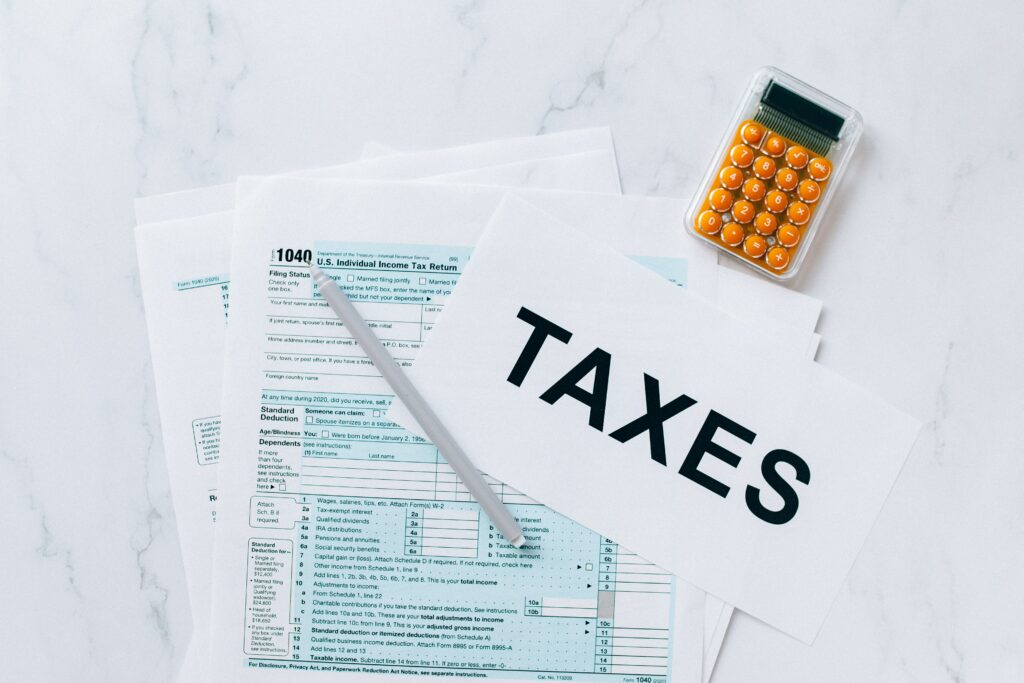74
/ 100
SEO Score
Preparing a self-assessment tax return for HMRC (Her Majesty’s Revenue and Customs) can seem daunting, but it is a necessary process for individuals who are self-employed or have income from other sources that require tax payments. Here are some steps to prepare for self-assessment:
- Gather all the necessary documents: Before starting the self-assessment tax return process, gather all relevant documents such as bank statements, receipts, invoices, and any other financial records that may be needed to complete your tax return.
- Understand your income: It’s important to have a clear understanding of all your sources of income, including self-employment income, rental income, and any other income earned during the tax year.
- Know your expenses: Make a list of all expenses that can be deducted from your taxable income, such as office expenses, travel expenses, and any other business-related expenses. It is important to keep receipts for all expenses as HMRC may request to see them.
- Check deadlines: Ensure you are aware of the self-assessment deadline for your specific tax year. The deadline for filing online is 31st January following the end of the tax year, and if you choose to file by paper, the deadline is 31st October following the end of the tax year.
- Use HMRC’s self-assessment system: HMRC has an online system for filing self-assessment tax returns. You can use this system to file your tax return, make payments, and manage your tax affairs.
- Seek professional advice: If you’re not sure how to complete your self-assessment or have complex tax affairs, consider seeking the advice of a tax professional who can guide you through the process and ensure that you are fully compliant with HMRC’s regulations.
Remember, it’s essential to submit your self-assessment accurately and on time to avoid penalties and interest charges.
For more information, please visit gov.uk
For more information on our services, please visit our tax return and self assessment sections.

